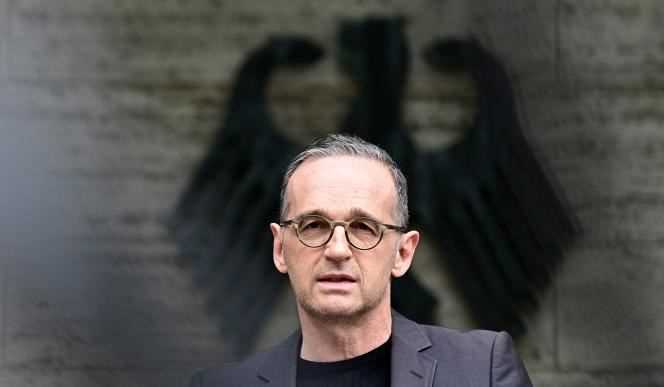To stay up to date on African news, subscribe to the “Monde Afrique” newsletter from this link. Every Saturday at 6 am, find a week of current events and debates treated by the editorial staff of “Monde Afrique”.
It took a little over a century for the word to be officially spoken. On Friday 28 May, Germany for the first time called “Genocide” the massacres of 65,000 Herero and 10,000 Nama, between 1904 and 1908, in his former colony in South West Africa, whose territory corresponds to present-day Namibia. “We officially qualify these events for what they are from today’s point of view: genocide”, German Foreign Minister Heiko Maas said. “In the light of the historical and moral responsibility of Germany, we will ask forgiveness from Namibia and the descendants of the victims”, he added.
Almost six years of intense diplomatic negotiations were needed to achieve this act of recognition and draft a reconciliation treaty between the two countries, for the signing of which Mr. Maas is expected to visit Namibia soon, and which the German government wishes have it ratified by the Bundestag before the legislative elections on 26 September.
Begun in September 2015, the discussions mainly stumbled on one point: financial compensation. For the German government, it was indeed crucial that the recognition of the crime of genocide does not open the way to legal claims for compensation. Relying on the fact that the Convention on the Prevention and Punishment of the Crime of Genocide, adopted in 1948 by the United Nations, does not apply retroactively, Berlin strongly opposed the idea of having to pay “Repairs” in legal proceedings, preferring instead to offer Namibia a “Reconstruction and development program”. Worth around 1.1 billion euros over thirty years, however, it was very difficult to negotiate, in particular because the Herero and the Nama have repeatedly criticized the Namibian government for keeping them. away from negotiations.
“First step” or “insult”
In this context, it is not surprising that the official recognition by Germany of what was the first genocide of the XXe century aroused mixed reactions, both in Windhoek and in Berlin. While the Namibian presidency hailed a “First step in the right direction”, the main opposition daily, The Namibian, described as“Insult” the attitude of Germany, accused of having despised the descendants of the victims by considering the government as the only legitimate interlocutor. For their part, the main representatives of the Herero and Nama communities have warned that they would reserve a heckled welcome to the German President, Frank-Walter Steinmeier, the day he goes to Namibia to present an official apology, which he said. plans to do by the end of the year.
You have 47.31% of this article to read. The rest is for subscribers only.
